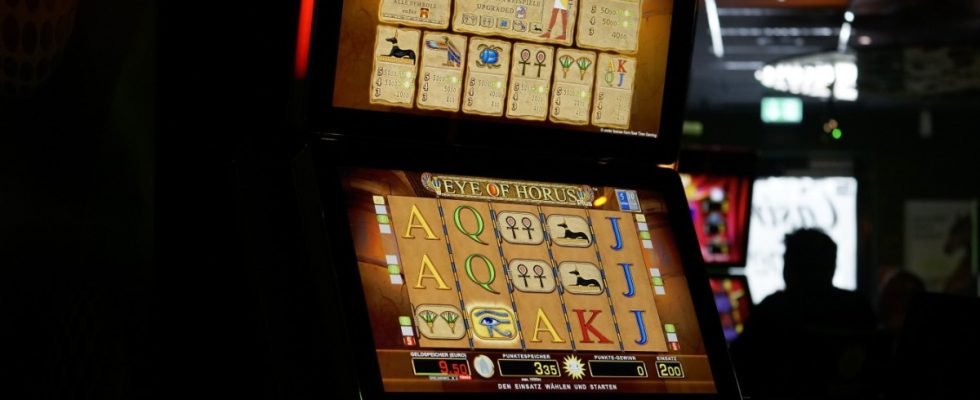A cake for the anniversary of the joint gaming authority (GGL) of the countries would do with just a few candles. Because on July 1, the authority is celebrating its two-year anniversary. The supervisory authority was established in mid-2021. It is intended to ensure that providers comply with the rules of the State Treaty on Gaming. This includes, for example, adequately protecting players from gambling addiction and manipulation.
GGL operates in a market worth billions. The gaming industry is said to have generated gross gaming revenue of around 13.4 billion euros last year. What’s behind the numbers? “If you like, these are the net losses of the players,” explains GGL board member Ronald Benter the presentation of the annual report. At 4.8 billion euros, the largest share of income is attributable to gambling on so-called gaming devices in amusement arcades and restaurants, closely followed by Lotto/Toto (4.1 billion euros). Online gambling, for which the GGL is primarily responsible, accounts for around a quarter of this, with sports and horse betting accounting for the largest share.
“Of course, our claim is that we can further push back this area”
This is good news for the gaming industry. Their income increased by almost a third compared to the previous year and is gradually approaching the record of 14.2 billion euros from 2017. It goes without saying that this also attracts providers who do not have a German license. On 142 legal providers that the authority on a so-called whitelist, according to GGL board member Benter, there are currently 207 organizers on the “unauthorized” market, mostly providers of sports betting, slot machines or casinos. The authority estimates its turnover at 300 to 500 million euros. To do this, the GGL measures the traffic on the illegal sites and then calculates the sales based on reference models from legal providers.
Although a hundred procedures are currently being examined, the GGL still sees its actions against illegal gambling as confirmed by a court for the most part. “Of course, we claim that we can further push back this area,” says Benter. A seal that GGL will introduce on July 1 should also help. Gambling providers should use the seal to show on their websites, for example, that they comply with government regulations and thus make it easier for consumers to distinguish them from illegal gambling.
However, the Tipster case shows the limits of certification with a seal. In April there was a raid on the Cologne sports betting provider, and a short time later a provisional application for insolvency was filed. As the SZ revealed, Tipster is said to have evaded taxes in the millions. Despite the allegations, the bookmaker was able to boast a place on the GGL whitelist until June 15. Only then did the authority revoke Tipster’s license.
How the case ends is unclear. Most recently, the provisional insolvency administrator had filed a lawsuit against the withdrawal of the license, probably with success. At least Tipster’s homepage is now online again – a setback for the GGL.

